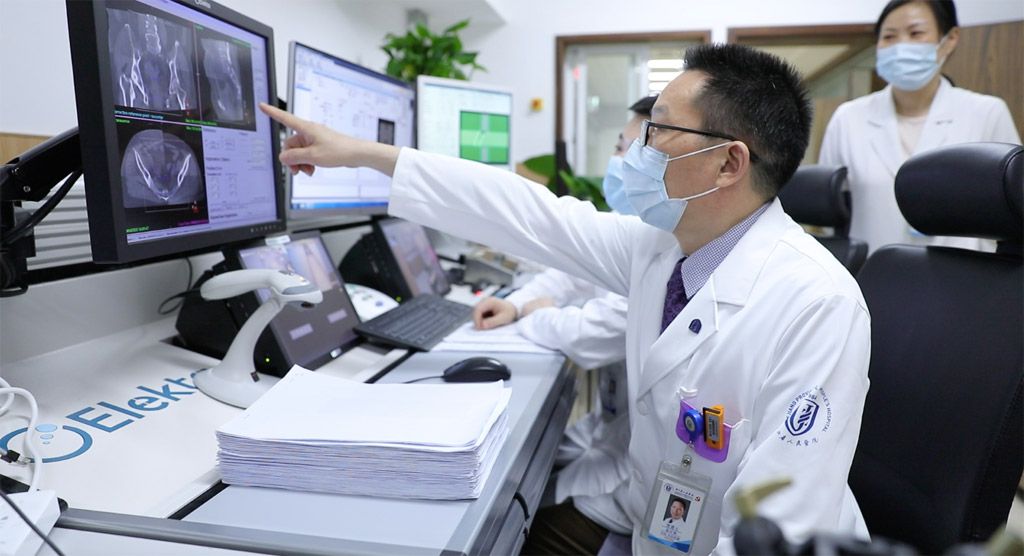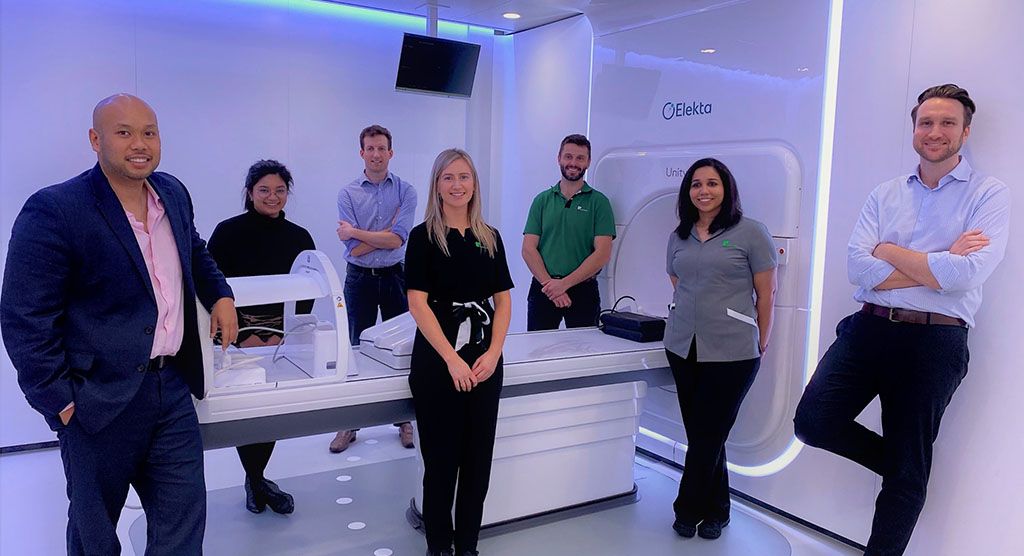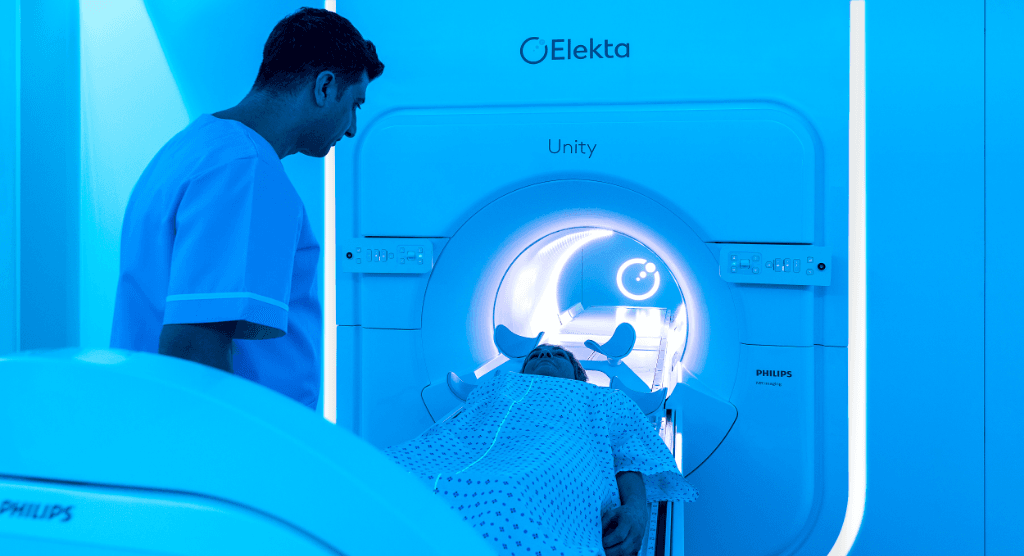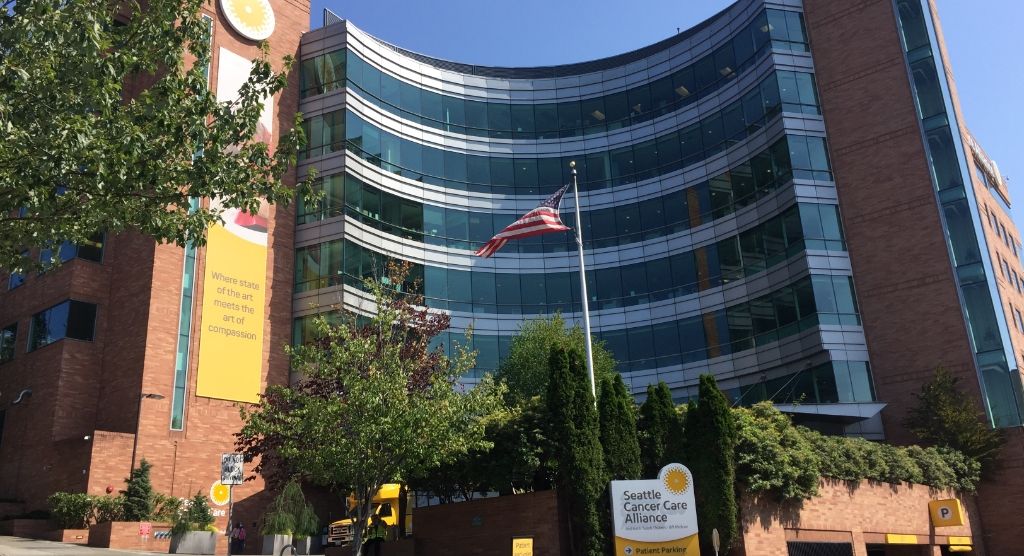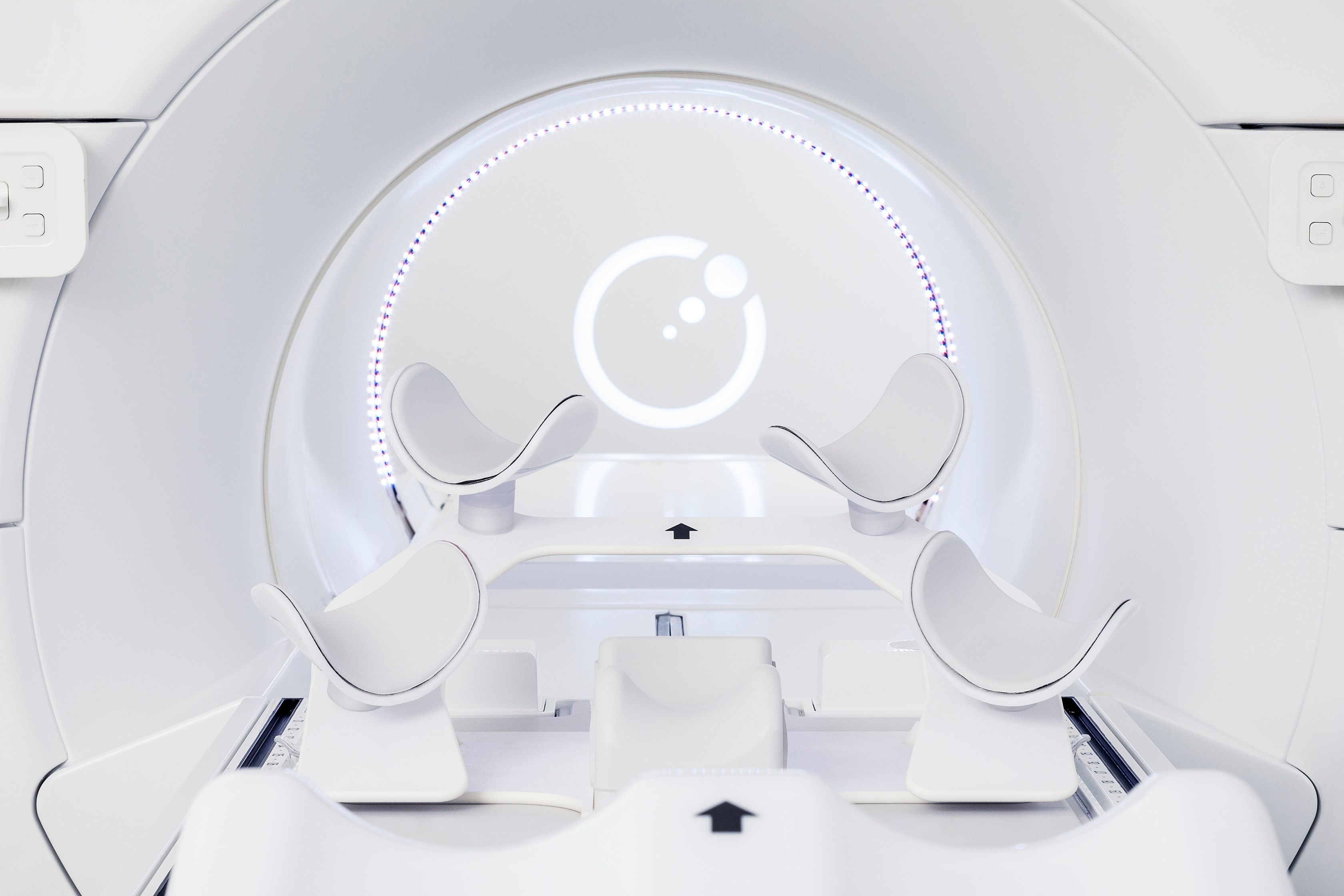Elekta Foundation sets its sights on improving cancer care access in underserved markets, bringing hope to people with cancer
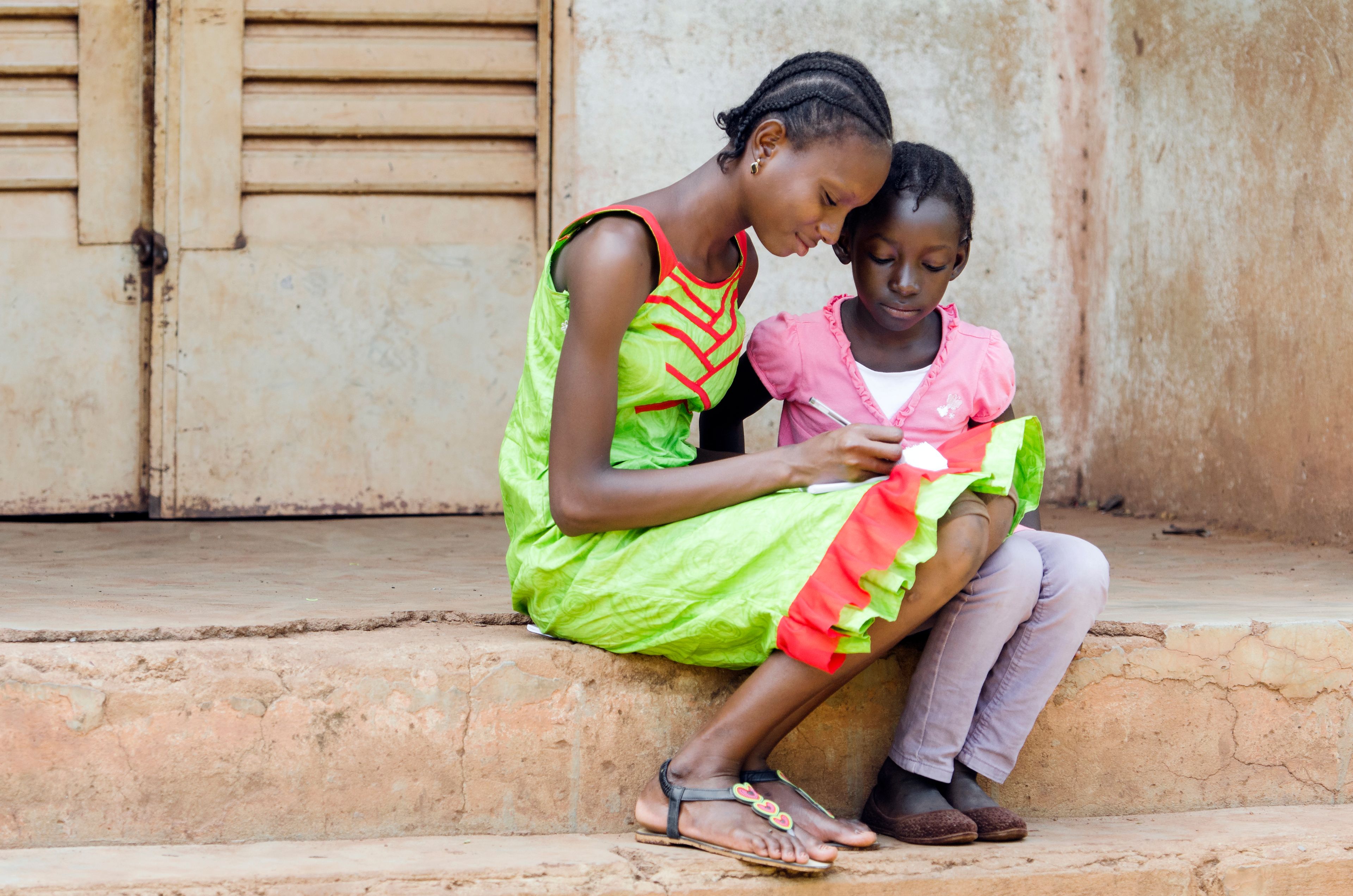
By Lacy Hubbard, President, Elekta Foundation

On January 25, Elekta held a ribbon-cutting ceremony at Expo 2020 in Dubai to mark the launch of the Elekta Foundation, a philanthropic, non-profit organization that will initiate and support projects and programs in partnership with academic institutions, governments, and NGOs to improve access to cancer care in low- and middle-income countries. I am honored to be President of the Elekta Foundation, a core part of Elekta’s sustainability agenda.
As a leader in the oncology sphere, Elekta has influenced the development of cancer treatment hardware and software for decades. However, we wanted to do more, specifically in relation to activities that don’t require a financial return. The Elekta Foundation is that vehicle, enabling projects and partnerships outside of Elekta’s normal operations.
The guiding principle is to improve cancer care access in underserved regions and communities, and above all, to instill hope in people dealing with cancer. With the launch of the Foundation, I believe there is good reason for hope – with today’s technology and expertise, particularly in the crucial modality of radiotherapy, cancer can be eradicated in many cases!
“With the launch of the Foundation, I believe there is good reason for hope.”
First emphasis on Africa
With its initial efforts trained on the African countries of Kenya, Senegal and Rwanda, the Elekta Foundation will focus on three key areas to improve cancer care access in these low- and middle-income countries: education and training, cancer care infrastructure and awareness and prevention. The knowledge we gain from this pilot phase will prepare us to expand Foundation initiatives in surrounding countries, regions and – as quickly as possible – the rest of the world.
In radiotherapy, patient outcomes depend on how clinicians use their equipment and techniques (i.e. education). Unfortunately, there is a large knowledge gap in many countries. Some hospitals do have advanced treatment systems, yet lack the expertise required to use them to their full potential and with the highest safety. The good news is that we are already working on five programs with our academic partners. These programs will be delivered later this year through a combination of virtual training and in-person learning. As the former Vice President of Education and Training at Elekta, this is especially important to me.
“The lack of cancer centers, equipment and trained staff is a signifigant burden in many developing countries.”
The lack of cancer centers, equipment and trained staff is a significant burden in many developing countries. In some cases, in fact, there is not a single facility in an entire region or there are only a few doctors in a whole country. The Elekta Foundation will work to develop new tools and models to scale up cancer care infrastructure. For example, by building a network of experts from more developed countries to provide services such as virtual diagnostics and remote support, we can dramatically improve the volume of patients treated and the quality of care.
In collaboration with other NGOs and local governments, the Foundation will develop awareness and prevention initiatives. We know that the odds of surviving cancer are much greater when we diagnose and treat early. Therefore, early screening, detection and treatment are key. For example, we can prevent, treat and cure cervical cancer through vaccinations and early treatment. Radiotherapy techniques, such as brachytherapy, are very effective to treat early-stage patients. However, in Africa, cervical cancer still ranks as a leading cause of cancer death. We will strive to better educate policymakers, healthcare providers and the general public. Our Elekta Foundation is developing partnerships and programs to join the fight to end this life-threatening cancer in Africa.
Addressing an unfortunate reality
The bottom line is that approximately 70 percent of deaths from cancer occur in low- and middle-income countries and the survival rates show great discrepancies. In Elekta’s home country of Sweden, for example, survival rates for cancer patients are three times higher compared to patients in in Africa. When you consider that more than half of all cancer patients need radiotherapy, it’s jarring that 95 percent of all radiotherapy equipment is available to only 20 percent of the world’s population. In any way we can, we must address this imbalance. We believe the Elekta Foundation can be a change agent that will make a real difference!
